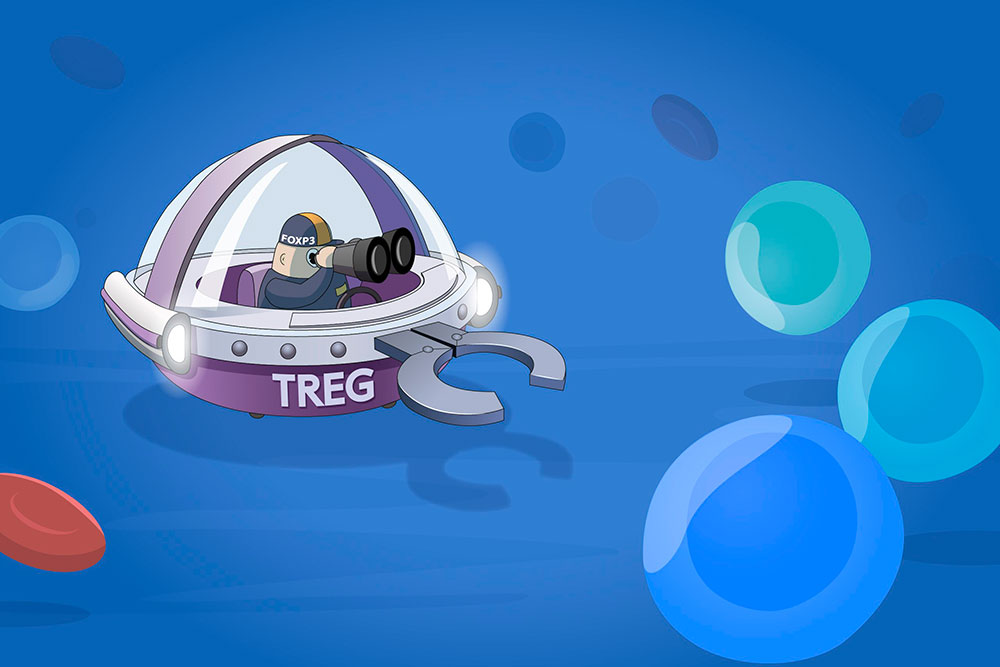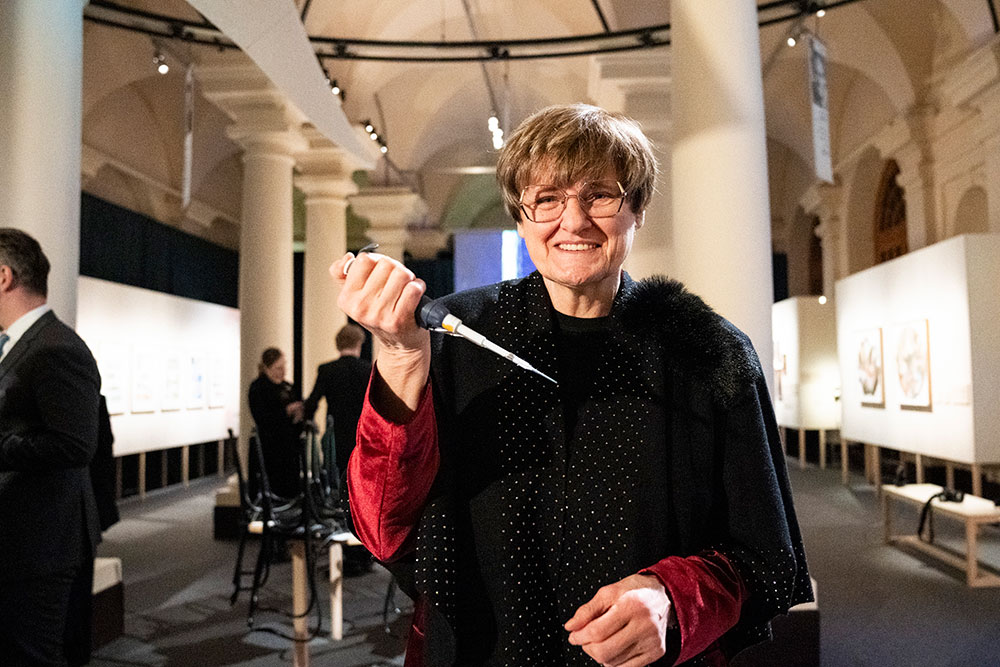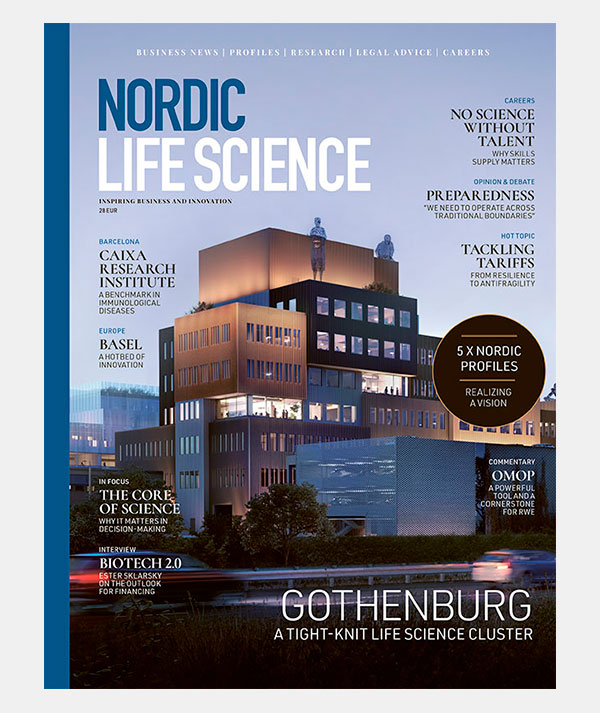Lynch syndrome-project funded with EUR 13.6 million – Norwegian and Swedish partners

The project “Validated non-invasive liquid biopsy tests for cancer PREDIction in LYNCH Syndrome, PREDI-LYNCH” is funded by the European Commission Horizon Europe Mission on Cancer.
PREDI-LYNCH will run for six years (2025-2031), and the consortium consists of 28 partners from 16 European countries.
PREDI-LYNCH sets out to develop and implement novel, non-invasive early detection methods for colorectal, endometrial, and urothelial cancers in patients with LS.
The participants aim to set new standards in early cancer detection for rapid upscaling and to be adopted across EU and globally.
“It has been a great experience working with all the partners and complementing the consortium. This was possible due to our EU Advisor role supported by Innovation Norway, and we are now looking forward to jointly work towards non-invasive early diagnostics solutions for people with Lynch Syndrome,” says Jutta Heix, Head of International Affairs at Oslo Cancer Cluster.
Norwegian partners
Oslo University Hospital, the University of Oslo, and Oslo Cancer Cluster are the Norwegian partners in the research and innovation project.
“The project will develop a unique biobank for Lynch syndrome patients that will serve as a unique resource for research and understanding of Lynch syndrome for many years to come. We will also, building on our long-standing research, develop effective and scalable early screening tests, based on our contributions to the existing European clinical guidelines towards the goal of precision medicine tailored to each patient,” says Mev Dominguez Valentin, project team leader at the Section of Tumor Biology at the Institute of Cancer Research, Oslo University Hospital.
Swedish partner
Elypta will contribute its liquid biopsy tests for the early detection of cancers, based on the profiles of metabolomic glycosaminoglycans (GAGomes) as biomarkers in both plasma and urine, with the aim of stratifying at-risk LS carriers and detecting precancerous and early cancerous lesions.
“There is a clear and urgent need to improve cancer detection for Lynch Syndrome, and the PREDI-LYNCH project is designed to make a true difference in the lives of LS carriers. Elypta is honoured and excited to be a main contributing partner in this important project. We look forward to combining the results from Elypta’s GAG-based biomarker tests with the consortium’s expertise,” says Marianna Mirabelli, Director of Clinical Development at Elypta.
Innovative clinical trial design
The project will use an innovative clinical trial design to evaluate several promising non-invasive liquid biopsy-based technologies in the three most common LS cancer types and detect cancer at an early stage.
Artificial intelligence (AI) will also be utilized to identify traces of cancer and to ensure that the methods are applicable in different healthcare systems. In addition, socioeconomic and ethical consequences will be assessed to ensure that the solutions are in line with patients’ and societal needs and are implementable in different healthcare systems.
Published: May 21, 2025











